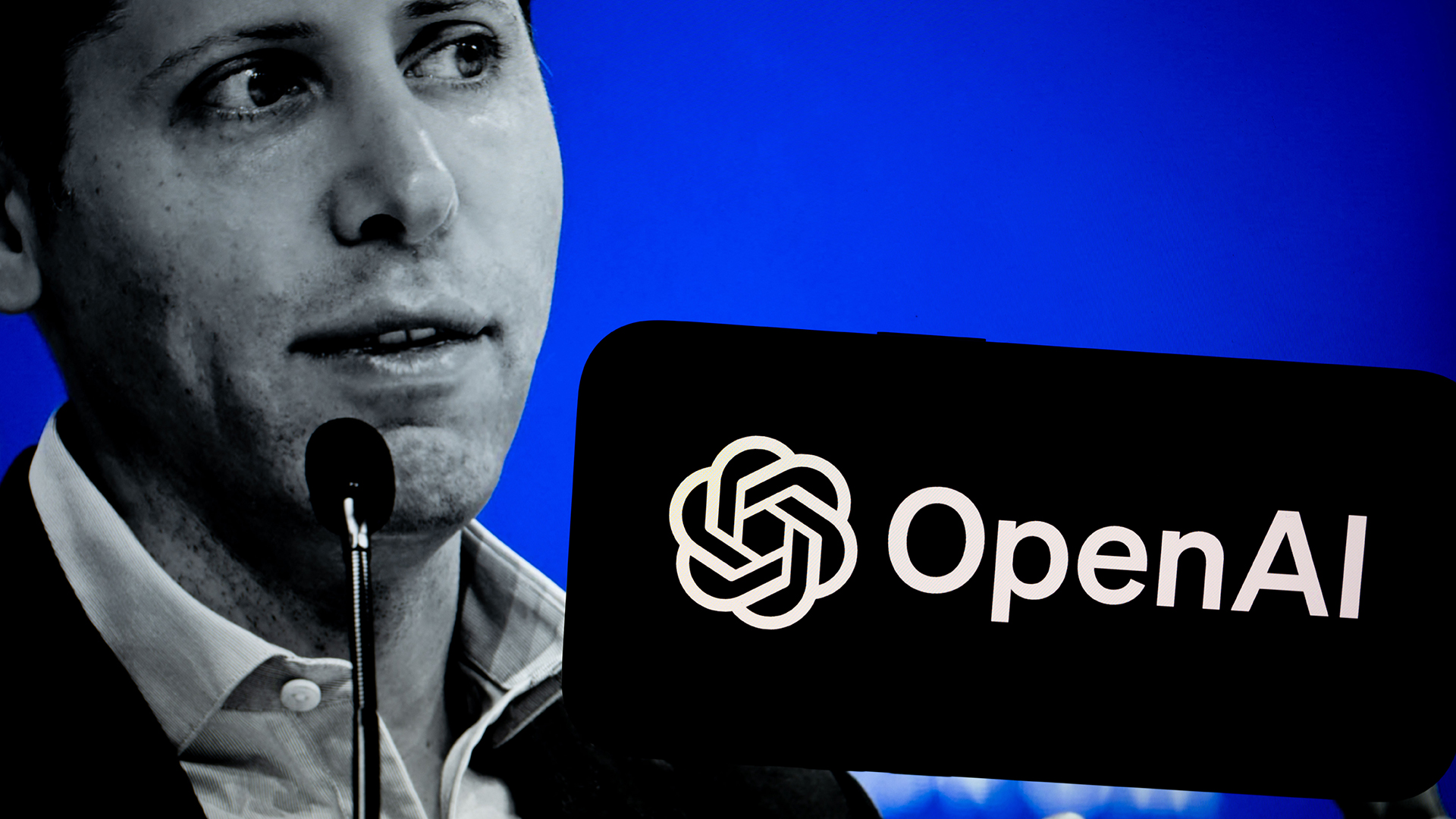Android L: Could Google's next mobile OS be called Licorice?
A series of social media posts have fuelled speculation about the name of Android's next mobile OS

Licorice has reportedly usurped Lollipop as the favoured name of Android's next mobile operating system, as Google readies the software for its official release.
Since being previewed at Google's 2014 I/O developer conference in San Francisco in June, the software has been widely known under the working name of Android L.
Given that Google tends to name its Android mobile operating systems after forms of confectionary and desserts (KitKat, Jelly Bean, Ice Cream Sandwich, to name but a few), in the months since the preview the rumour mill has suggested the next one could be called Lollipop or Lion.
However, a series of posts on the Google+ social networking site suggest the OS could be called Licorice.
The posts were published by Giovanni Calabrese from Themendous, the company responsible for creating 3D foam sculptures in honour of each Android OS for Google's HQ.
The first post refers to a conversation Calabrese claims to have had with a TSA representative while preparing to board a flight to Google's Mountain View HQ, whereby he was asked, "What's with all the boxes of licorice?"
This was followed by another cryptic message containing a link to an online article about how licorice is made, to which he adds: "It's made by Themendous, you silly search result."
Sign up today and you will receive a free copy of our Future Focus 2025 report - the leading guidance on AI, cybersecurity and other IT challenges as per 700+ senior executives
The remarks have fuelled speculation about what the next version of the Android OS might be called, as Google's Q4 release date moves closer.
The highly-anticipated OS has been billed as the biggest Android update ever released, with the HTC Nexus 7 tipped to be the first device to have it pre-installed.
Google already announced many of the features it's set to include at its I/O conference, with standout additions including automatic user data encryption, the Google Fit health monitoring suite, and its revamped user interface.
-
 2025 marked the beginning of the end for OpenAI
2025 marked the beginning of the end for OpenAIOpinion OpenAI has its fingers in too many pies and it’s rapidly losing favor with consumers and enterprises alike
-
 Will 2026 be another challenging year for technology?
Will 2026 be another challenging year for technology?Feature SMBs will be looking at how they can prepare for the challenges ahead, from global regulations to AI implementation to digital IDs…